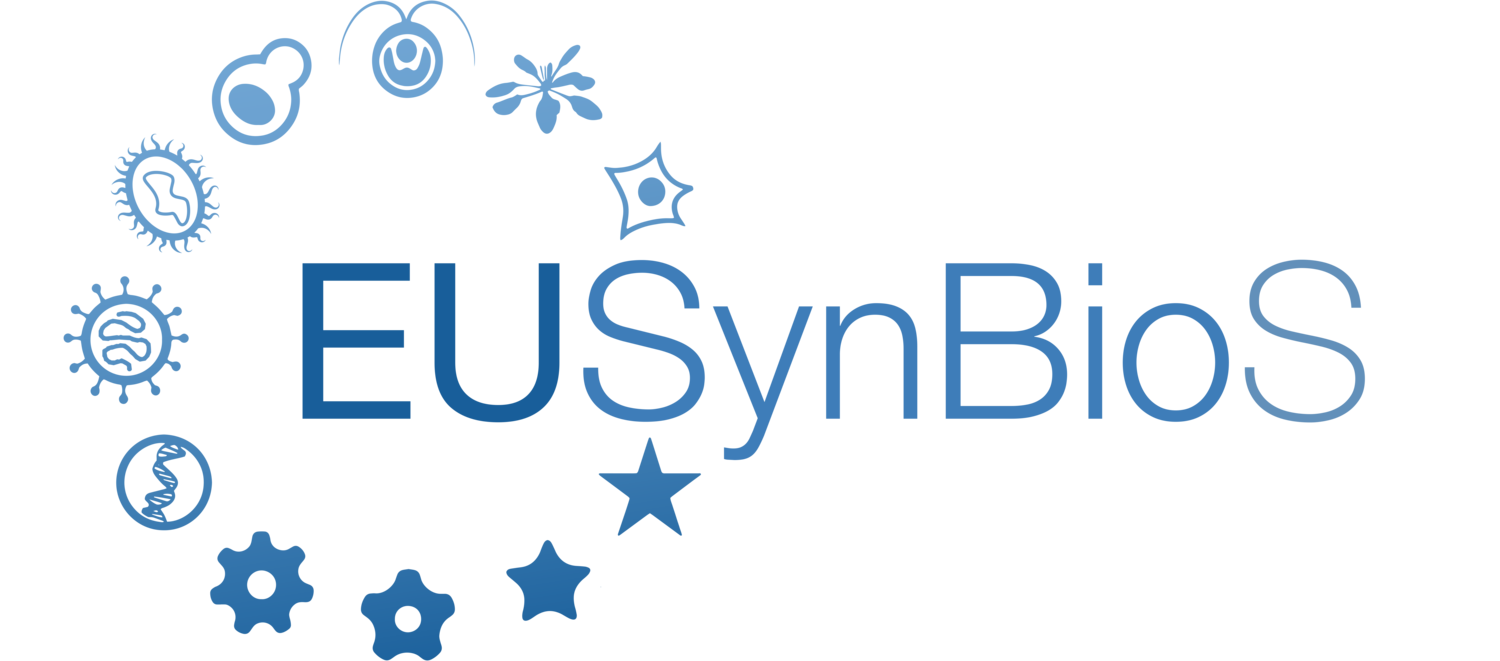iGEM Leiden 2020 - Rapidemic
Motivation
Our team was inspired by the current situation, both the direct impact of the health crisis as well as the ensuing (inter)governmental response systems. We observed a lack of preparedness in many aspects, late implementation of governmental restrictions and lack of diagnostic tests. Infectious diseases are mainly tested by PCR, which is so far the most rapid and effective tool. However, PCR has to be conducted in a lab. We would therefore like to provide a method for the instant detection of pathogens at the source of an outbreak, to prevent the further spread of the disease.
Rapidemic
We are developing a fully functional, versatile, point-of-care rapid diagnostic test (RDT) that would be able to detect virtually any pathogen, virus, bacteria or parasite, based on their genetic composition - Rapidemic: a rapid diagnostic kit for quick detection of infectious diseases. Our team has found a possible way to engineer a PCR-like mechanism in which primers can detect the presence of a pathogen-specific sequence. A positive signal is translated as a visually detectable signal in little time, and at a low temperature. The kits would be generic and distributed and stored as such. During an outbreak, the tests can be deployed massively, after which the last piece of the puzzle is added to make the kit fully functional and pathogen-specific.
We aim to discuss our idea with developers, patients and governmental representatives to understand how we can bring Rapidemic to the market, to be ready for upcoming outbreaks. If the circumstances allow us, we will be very busy in the lab this summer. We will first attempt to assemble the kit and then test the different reactions. After this, we will have to test it on different diseases, to turn it into a versatile test kit able to detect "Disease X", the unknown ravaging pathogen of a future major pandemic. Rapidemic should be able to assist in a future outbreak of a yet unknown pathogen, which is why we want to test it on various infectious diseases.
Outlook
Rapidemic will not need extensive laboratory equipment, technicians nor experts. Therefore, the test could be applied even in the world's most remote areas. Many infectious outbreaks occur in tropical areas, where the healthcare systems in place do not always have the capacity to handle fast-spreading diseases. The additional and inevitable change in the climate represents an additional challenge to our society. Unsustainable human practices, proximity with animals in intensified agriculture, the use of antimicrobials, deforestation and changes in the climate are driving animal reservoirs and vectors of infectious diseases closer to mankind (Martens et al., 1999; Semenza & Menne, 2009). Earlier diagnosis is effective in refraining the spread of pathogens, which is becoming increasingly important in our globalized and fast-moving world (WHO, 2004). This is why we want to develop Rapidemic to optimally prepare our world for inevitable future outbreaks.
Network and iGEM community
We are planning to meet up with iGEM teams within the Netherlands, and a Luxembourgish meetup is also in the pipeline. iGEM truly encourages these meetups, as cooperation is intrinsically part of the iGEM experience. Unfortunately, the Jamboree in Boston has been cancelled due to the current situation. Therefore, iGEM encourages teams to meet up for the Jamboree week and to experience the online Jamboree together if possible.
Our European perspective
Our team values the mission to form a synthetic biology network within the EU. We believe that starting a project like this in Europe is absolutely necessary. We should profit from the proximity of our countries and the existing collaborations to reach out over our borders for increased advise, funding or networking. We also believe that synbio has the opportunity to make molecular science transparent AND illustrated at the same time, for the general public. Therefore, we believe that strong connections with the European institutions on one side, and solid promotion actions towards the general public on the other, can help bring synbio to the foreground.
The Team
We are a team of 14 members from Leiden University, in the heart of the Netherlands. Rapidemic is the third iGEM team that Leiden University has seen. Our team members have varying academic backgrounds including: Life Sciences Institute of Biology Leiden, Biotechnology & Health, Biomedical Sciences, Design, Biopharmaceutical Sciences. We are also very international as our members come from Macedonia, Belgium, Indonesia, China, Turkey, and of course, The Netherlands. All of us share a strong interest in molecular biology, microbiology and synbio, but each team member adds to the team through their broad personal interests and skills, which makes our team quite interdisciplinary. Our PI's are Han de Winde, professor of molecular and industrial biotechnology, and Dennis Claessen, associate professor in molecular and microbiology. We have a strong advising team from the previous Leiden iGEM teams that guides us in this adventure and provides us with crucial feedback.
Contact
You can follow the iGEM Leiden 2020 team on twitter, facebook, LinkedIn and Instagram, or if you want to contact them directly, you can write an email to igem@science.leidenuniv.nl .



